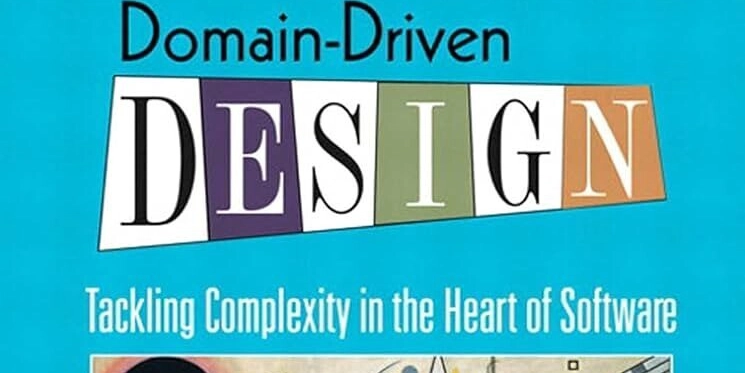GSoC 2025 Projects Announced
Today, we are grateful to announce that stdlib, the fundamental numerical library for JavaScript, was awarded five slots in this year's Google's Summer of Code (GSoC). We participated in the program last year for the first time, and had four talented students working on a variety of projects. It was a resounding success, which we hope to surpass this year given all that we have learned over the past year and a half. This achievement comes after a tremendously productive start to 2025. Since January 1st of this year, the stdlib community has: Opened two thousand PRs with 1,377 successfully merged. Welcomed contributions from 88 different contributors. Added 3,452 commits to the repository. For GSoC, we received 99 excellent applications from enthusiastic students. Ranking proposals was a tough decision, and we would have loved for a few more projects to be accepted. We are grateful to everyone who applied and encourage those not selected this year to stay connected, continue to contribute to the project, and to apply again next year! In fact, one of this year's accepted contributors was a repeat applicant, demonstrating how persistence and continued engagement can pay off. The accepted projects are listed below. Each project addresses key areas that will expand JavaScript's potential for technical and scientific applications. Add LAPACK bindings and implementations for linear algebra Contributor: Aayush Khanna The goal of Aayush's project is to develop JavaScript and C implementations of LAPACK (Linear Algebra Package) routines. This project aims to extend conventional LAPACK APIs by borrowing ideas from BLIS, thus ensuring easy compatibility with stdlib ndarrays and adding support for both row-major (C-style) and column-major (Fortran-style) storage layouts. This work will help overcome the LAPACK's column-major limitation and thus make advanced linear algebra operations more accessible and efficient in JavaScript environments. Expanding array-based statistical computation in stdlib Contributor: Gururaj Gurram Gururaj will advance statistical operations in stdlib by introducing convenience array wrappers for all existing strided APIs, thus improving developer ergonomics for common use cases. Additionally, he will develop specialized ndarray statistical kernels with the aim of facilitating efficient statistical reductions across multi-dimensional data. Implement base special mathematical functions in JavaScript and C Contributor: Karan Anand Karan will implement and enhance lower-level scalar kernels for special mathematical functions in stdlib. The goal is to complete missing C implementations for existing double-precision packages, develop new single-precision versions, and ensure consistency, accuracy, and IEEE 754 compliance. These enhancements will provide developers with the most comprehensive set of high-precision mathematical tools for scientific computing in JavaScript. Achieve ndarray API parity with built-in JavaScript arrays Contributor: Muhammad Haris Haris will extend stdlib's ndarray capabilities by implementing familiar JavaScript array methods like concat, find, flat, includes, indexOf, reduce, and sort for multi-dimensional arrays. The project will develop high-performance C implementations with Node.js native add-ons for compute-intensive operations. These enhancements will allow JavaScript developers to work with multi-dimensional arrays as easily as built-in arrays, significantly expanding JavaScript's capabilities for scientific and numerical computing. Add BLAS bindings and implementations for linear algebra Contributor: Shabareesh Shetty Shabareesh will expand stdlib's BLAS (Basic Linear Algebra Subprograms) support by implementing missing Level 2 (vector-matrix) and Level 3 (matrix-matrix) operations in JavaScript, C, Fortran, and WebAssembly. The project will focus on key dependencies for LAPACK routines and create performance-optimized APIs that work in both browser and server environments. These enhancements will provide essential building blocks for developing high-performance machine learning and statistical analysis applications on the web. We're excited to see these projects develop over the coming months. Each contribution will significantly enhance stdlib's capabilities and make advanced mathematical and statistical operations more accessible to the JavaScript community. The work done by these talented contributors will help bridge the gap between traditional scientific computing environments and JavaScript, furthering our mission to create a comprehensive, high-performance standard library for JavaScript. We'd like to extend thanks to Google for their continued support of open-source development through the Summer of Code program, and we look forward to sharing updates as the above projects progress over the course of this summer. In addition to watching for more posts on this blog, you can follow development by joining our community chat. We also ho
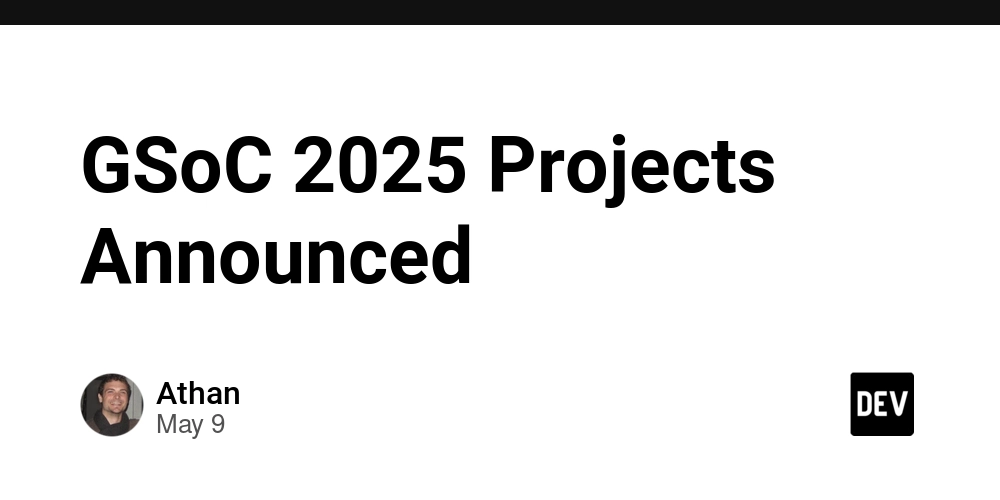
Today, we are grateful to announce that stdlib, the fundamental numerical library for JavaScript, was awarded five slots in this year's Google's Summer of Code (GSoC). We participated in the program last year for the first time, and had four talented students working on a variety of projects. It was a resounding success, which we hope to surpass this year given all that we have learned over the past year and a half.
This achievement comes after a tremendously productive start to 2025. Since January 1st of this year, the stdlib community has:
- Opened two thousand PRs with 1,377 successfully merged.
- Welcomed contributions from 88 different contributors.
- Added 3,452 commits to the repository.
For GSoC, we received 99 excellent applications from enthusiastic students. Ranking proposals was a tough decision, and we would have loved for a few more projects to be accepted. We are grateful to everyone who applied and encourage those not selected this year to stay connected, continue to contribute to the project, and to apply again next year! In fact, one of this year's accepted contributors was a repeat applicant, demonstrating how persistence and continued engagement can pay off.
The accepted projects are listed below. Each project addresses key areas that will expand JavaScript's potential for technical and scientific applications.
Add LAPACK bindings and implementations for linear algebra
Contributor: Aayush Khanna
The goal of Aayush's project is to develop JavaScript and C implementations of LAPACK (Linear Algebra Package) routines. This project aims to extend conventional LAPACK APIs by borrowing ideas from BLIS, thus ensuring easy compatibility with stdlib ndarrays and adding support for both row-major (C-style) and column-major (Fortran-style) storage layouts. This work will help overcome the LAPACK's column-major limitation and thus make advanced linear algebra operations more accessible and efficient in JavaScript environments.
Expanding array-based statistical computation in stdlib
Contributor: Gururaj Gurram
Gururaj will advance statistical operations in stdlib by introducing convenience array wrappers for all existing strided APIs, thus improving developer ergonomics for common use cases. Additionally, he will develop specialized ndarray statistical kernels with the aim of facilitating efficient statistical reductions across multi-dimensional data.
Implement base special mathematical functions in JavaScript and C
Contributor: Karan Anand
Karan will implement and enhance lower-level scalar kernels for special mathematical functions in stdlib. The goal is to complete missing C implementations for existing double-precision packages, develop new single-precision versions, and ensure consistency, accuracy, and IEEE 754 compliance. These enhancements will provide developers with the most comprehensive set of high-precision mathematical tools for scientific computing in JavaScript.
Achieve ndarray API parity with built-in JavaScript arrays
Contributor: Muhammad Haris
Haris will extend stdlib's ndarray capabilities by implementing familiar JavaScript array methods like concat, find, flat, includes, indexOf, reduce, and sort for multi-dimensional arrays. The project will develop high-performance C implementations with Node.js native add-ons for compute-intensive operations. These enhancements will allow JavaScript developers to work with multi-dimensional arrays as easily as built-in arrays, significantly expanding JavaScript's capabilities for scientific and numerical computing.
Add BLAS bindings and implementations for linear algebra
Contributor: Shabareesh Shetty
Shabareesh will expand stdlib's BLAS (Basic Linear Algebra Subprograms) support by implementing missing Level 2 (vector-matrix) and Level 3 (matrix-matrix) operations in JavaScript, C, Fortran, and WebAssembly. The project will focus on key dependencies for LAPACK routines and create performance-optimized APIs that work in both browser and server environments. These enhancements will provide essential building blocks for developing high-performance machine learning and statistical analysis applications on the web.
We're excited to see these projects develop over the coming months. Each contribution will significantly enhance stdlib's capabilities and make advanced mathematical and statistical operations more accessible to the JavaScript community. The work done by these talented contributors will help bridge the gap between traditional scientific computing environments and JavaScript, furthering our mission to create a comprehensive, high-performance standard library for JavaScript.
We'd like to extend thanks to Google for their continued support of open-source development through the Summer of Code program, and we look forward to sharing updates as the above projects progress over the course of this summer. In addition to watching for more posts on this blog, you can follow development by joining our community chat. We also hold regular office hours over video conferencing, which is a great opportunity to ask questions, share ideas, and engage directly with the stdlib team.
We hope that you'll join us in our mission to advance cutting-edge scientific computation in JavaScript. Start by showing your support and starring the project on GitHub today: https://github.com/stdlib-js/stdlib.
stdlib is an open source software project dedicated to providing a comprehensive suite of robust, high-performance libraries to accelerate your project's development and give you peace of mind knowing that you're depending on expertly crafted, high-quality software.
If you've enjoyed this post, give us a star










































































































































































![[The AI Show Episode 146]: Rise of “AI-First” Companies, AI Job Disruption, GPT-4o Update Gets Rolled Back, How Big Consulting Firms Use AI, and Meta AI App](https://www.marketingaiinstitute.com/hubfs/ep%20146%20cover.png)










































































































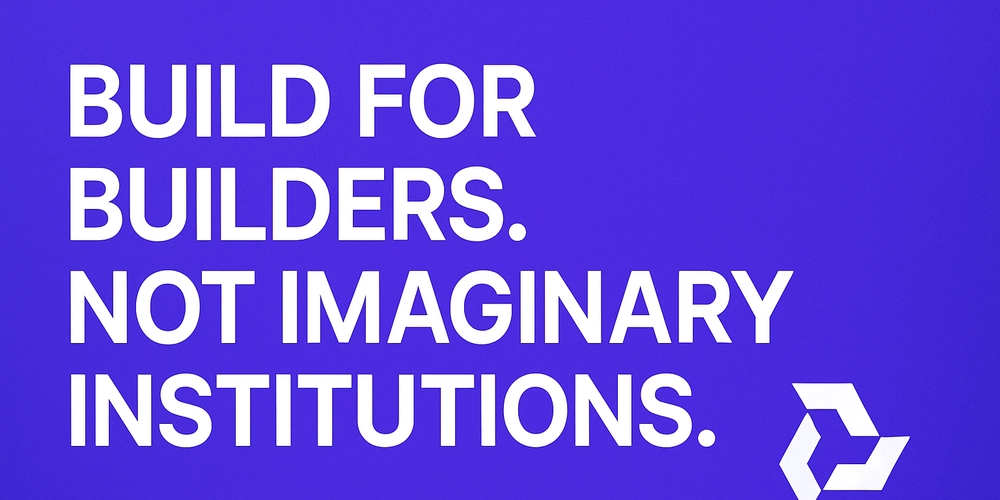
















![Life in Startup Pivot Hell with Ex-Microsoft Lonewolf Engineer Sam Crombie [Podcast #171]](https://cdn.hashnode.com/res/hashnode/image/upload/v1746753508177/0cd57f66-fdb0-4972-b285-1443a7db39fc.png?#)














































.png?width=1920&height=1920&fit=bounds&quality=70&format=jpg&auto=webp#)











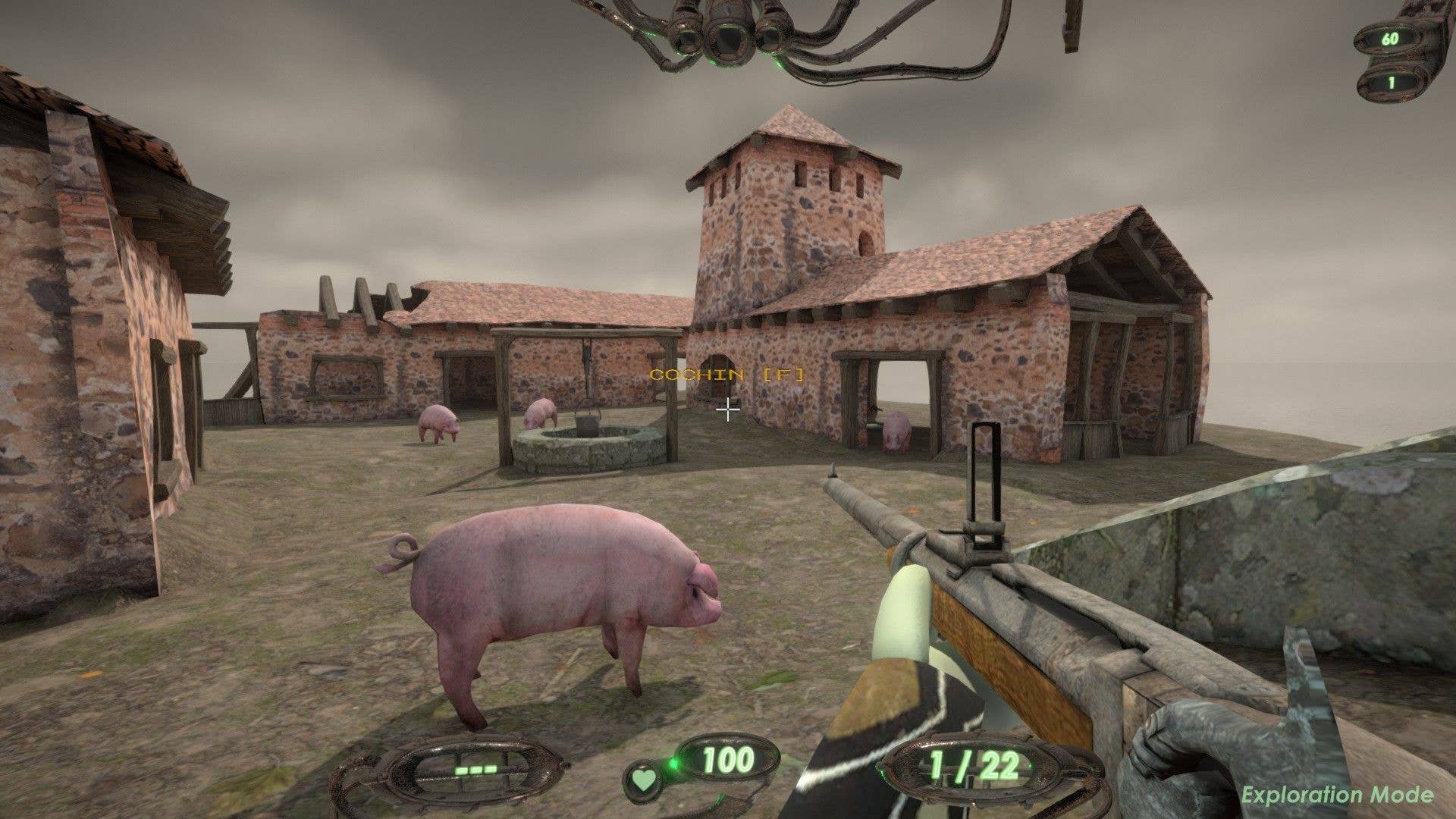














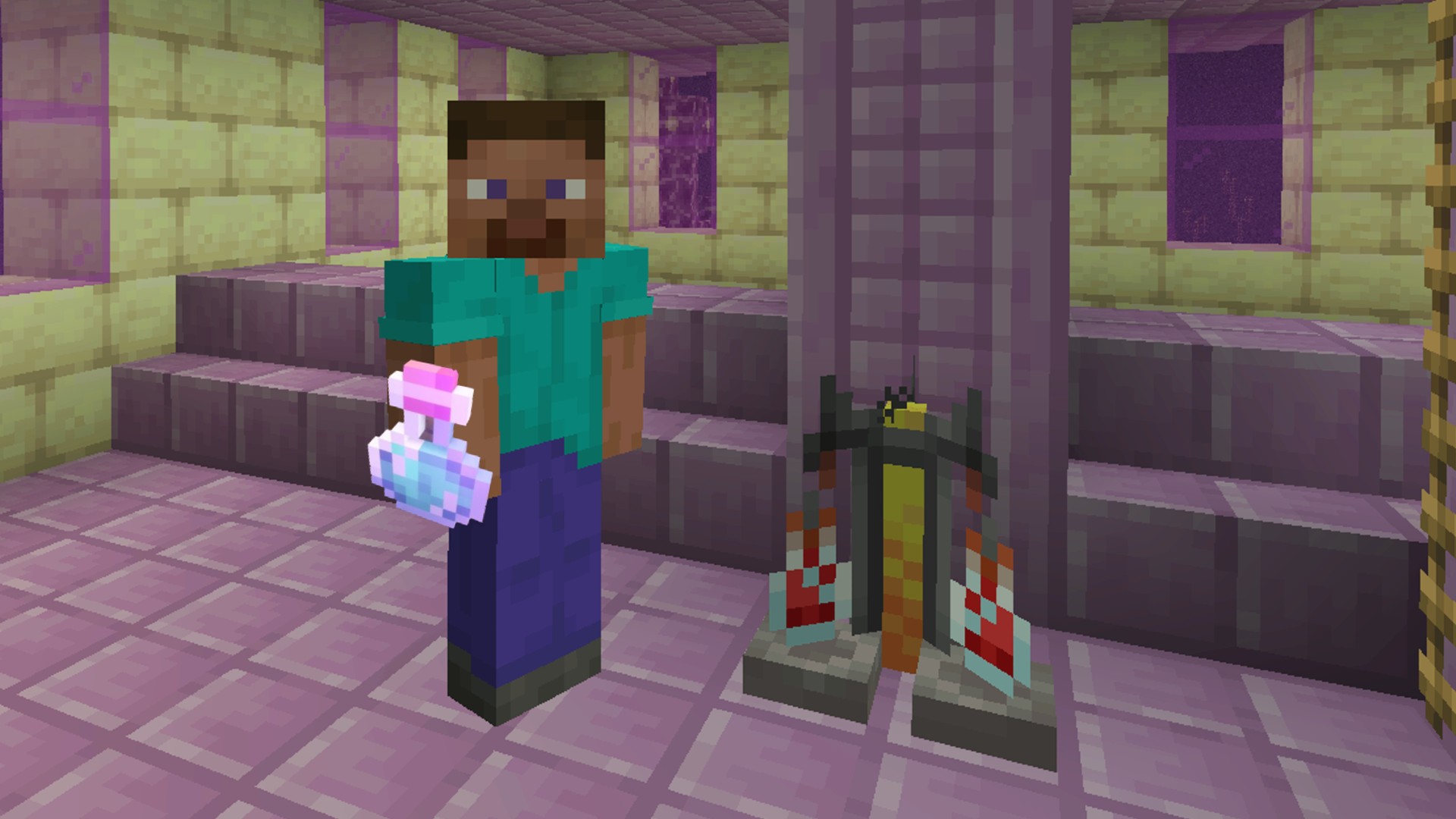





































.png?width=1920&height=1920&fit=bounds&quality=70&format=jpg&auto=webp#)



























_Aleksey_Funtap_Alamy.jpg?width=1280&auto=webp&quality=80&disable=upscale#)
_Sergey_Tarasov_Alamy.jpg?width=1280&auto=webp&quality=80&disable=upscale#)









































































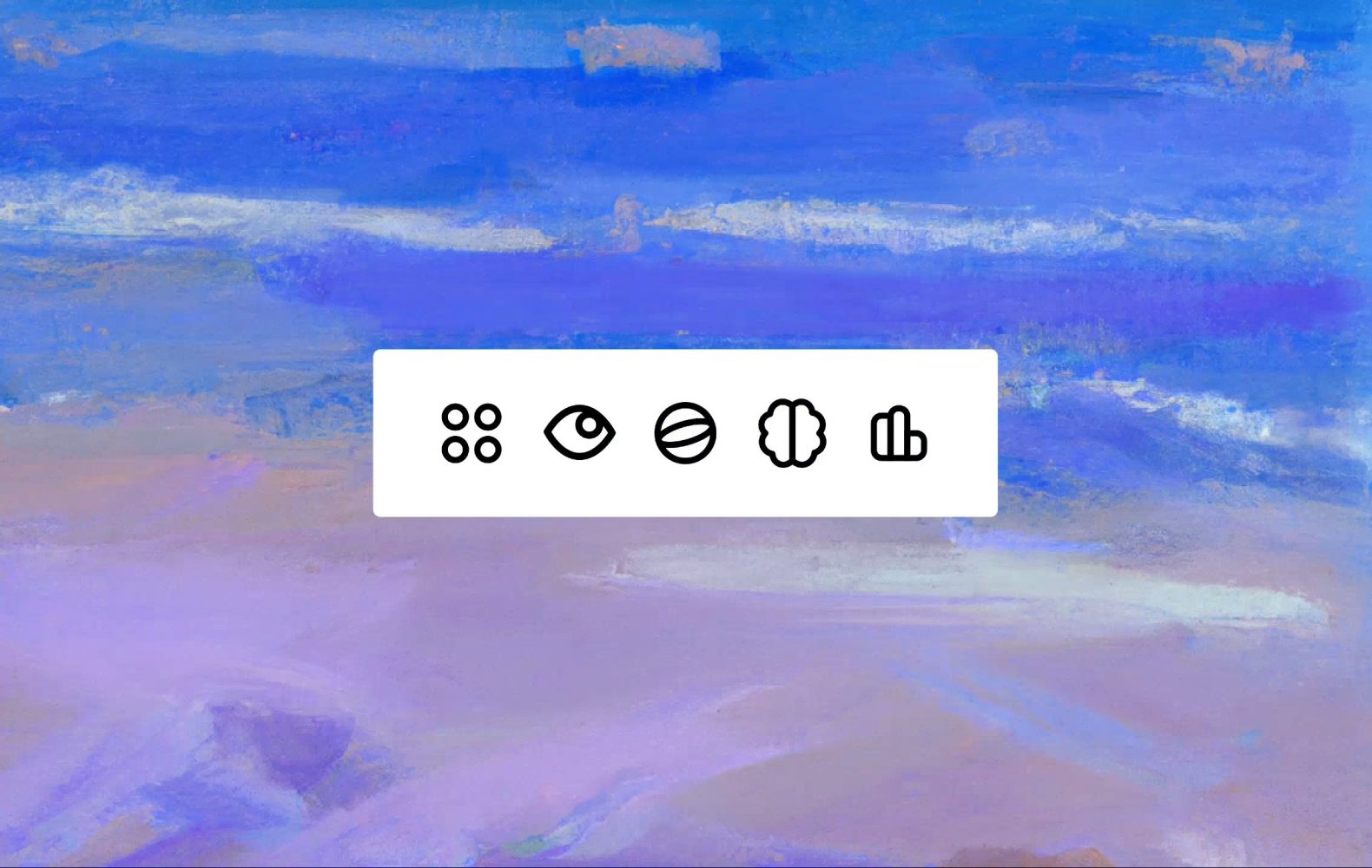





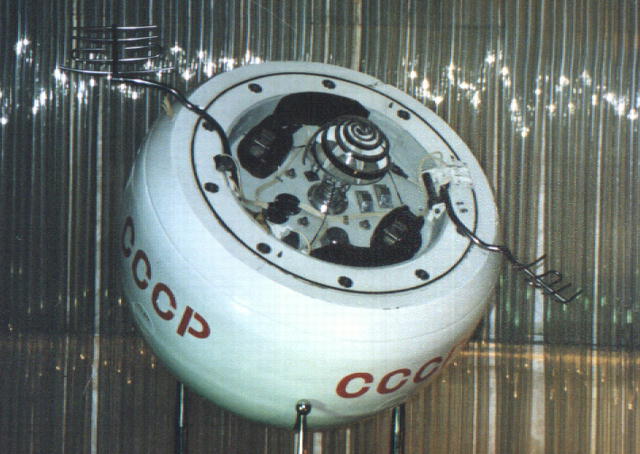










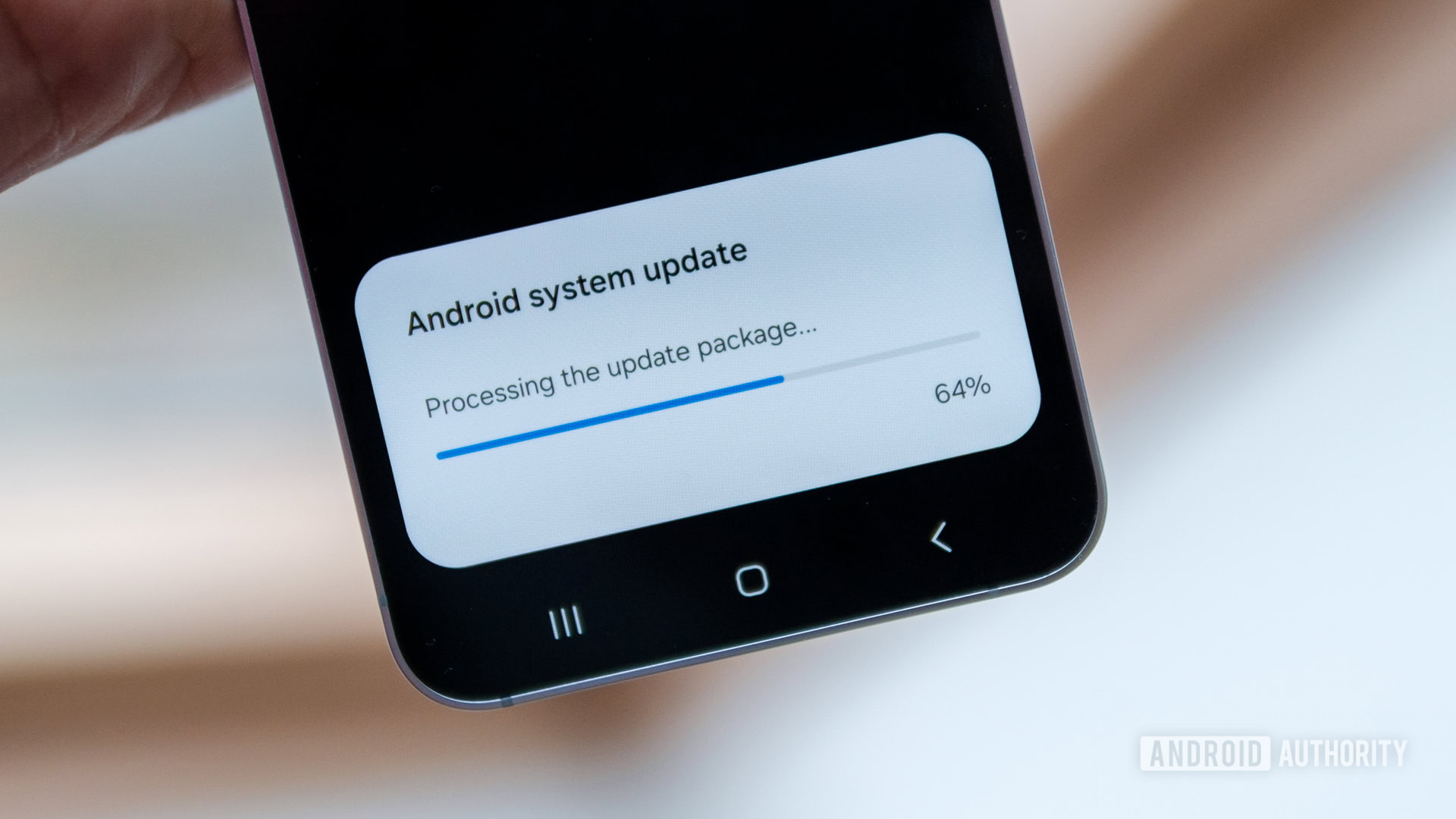





















![Apple Foldable iPhone to Feature New Display Tech, 19% Thinner Panel [Rumor]](https://www.iclarified.com/images/news/97271/97271/97271-640.jpg)
![Apple Developing New Chips for Smart Glasses, Macs, AI Servers [Report]](https://www.iclarified.com/images/news/97269/97269/97269-640.jpg)
![Apple Shares New Mother's Day Ad: 'A Gift for Mom' [Video]](https://www.iclarified.com/images/news/97267/97267/97267-640.jpg)
![Apple Shares Official Trailer for 'Stick' Starring Owen Wilson [Video]](https://www.iclarified.com/images/news/97264/97264/97264-640.jpg)

































































































